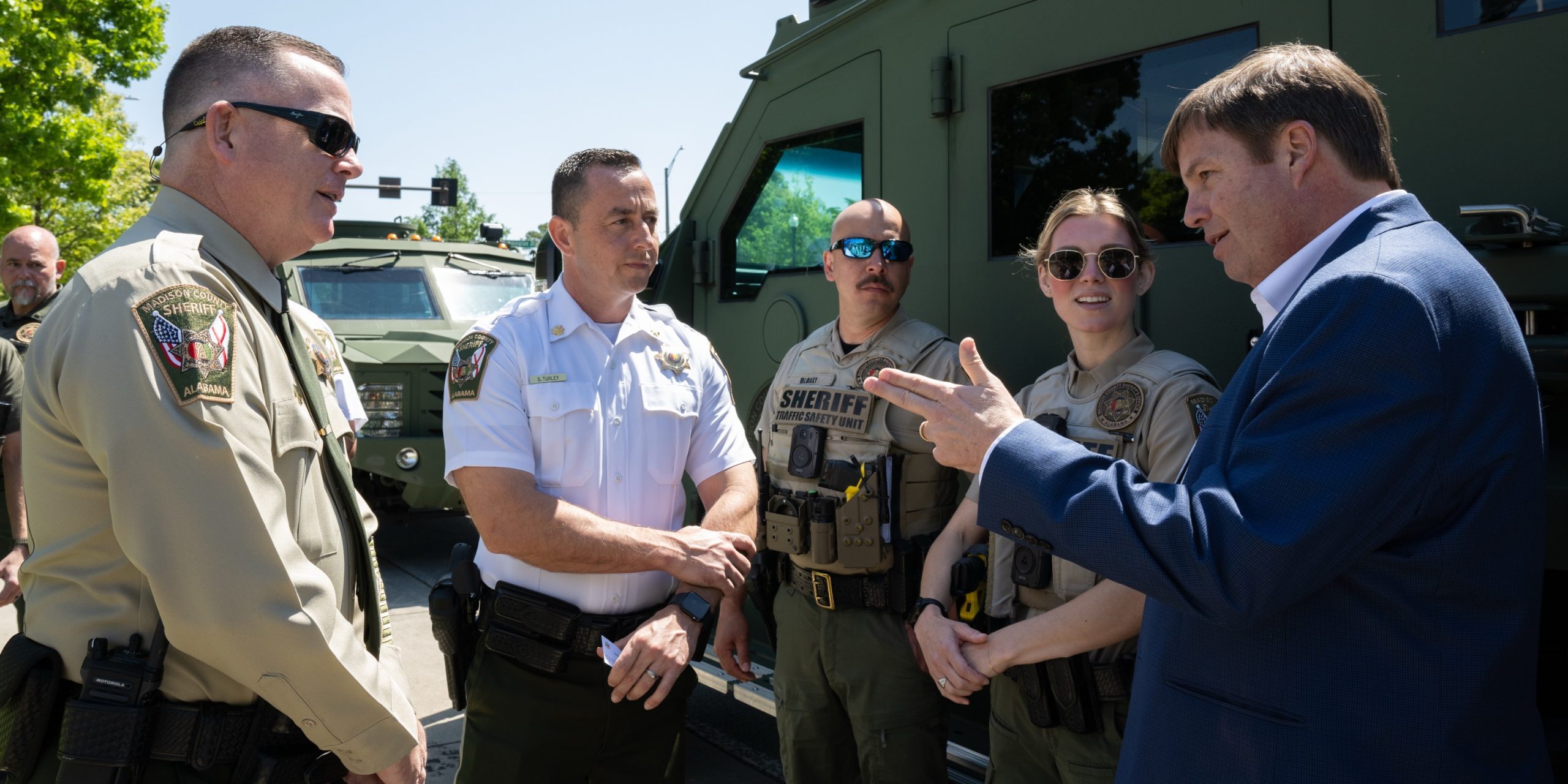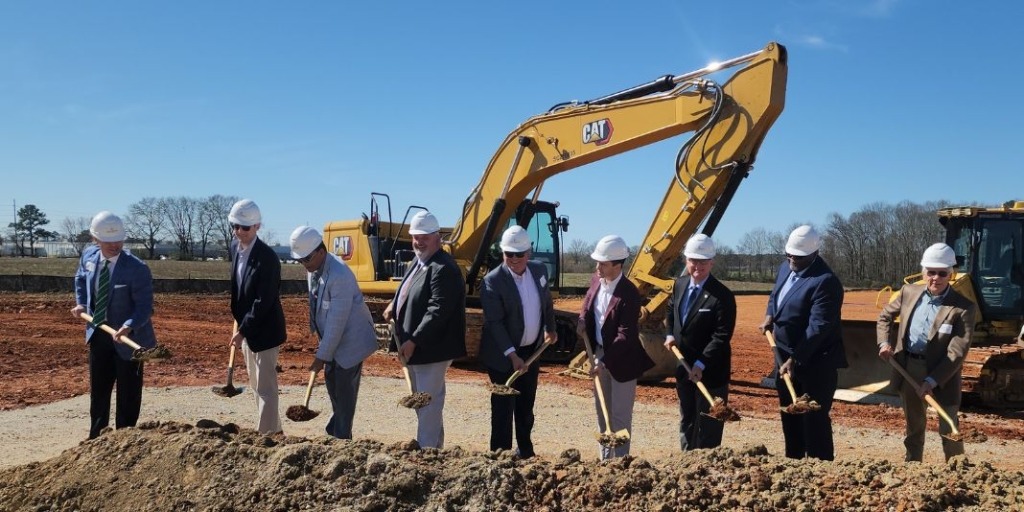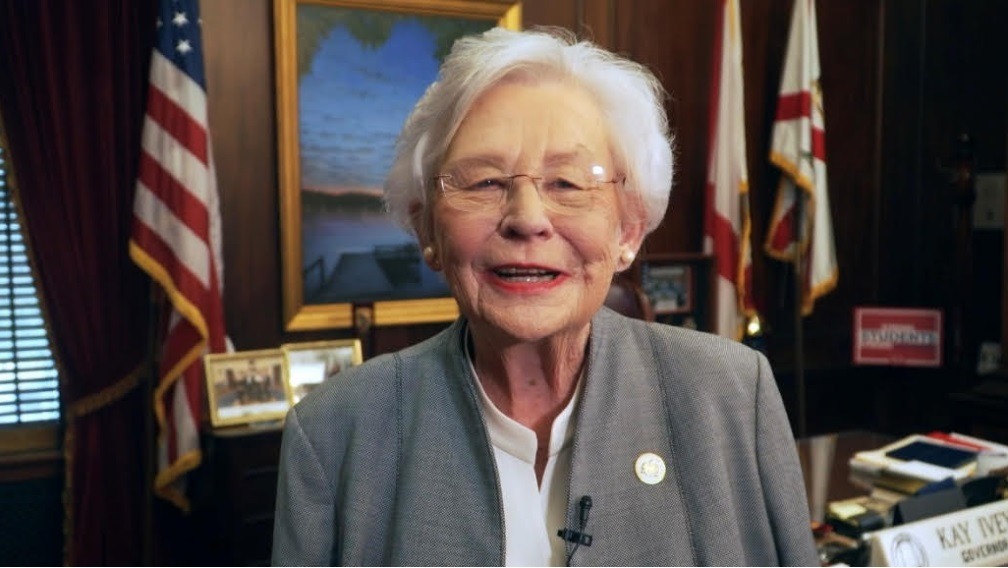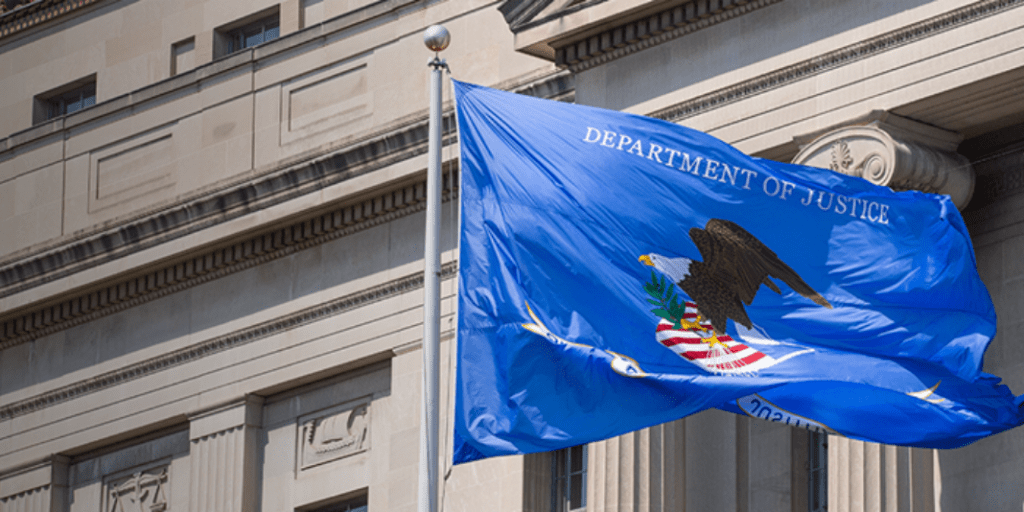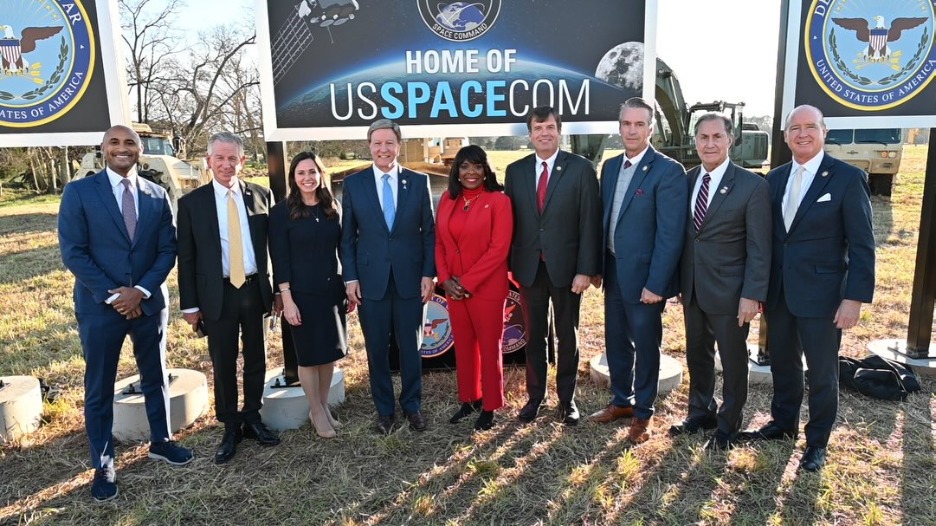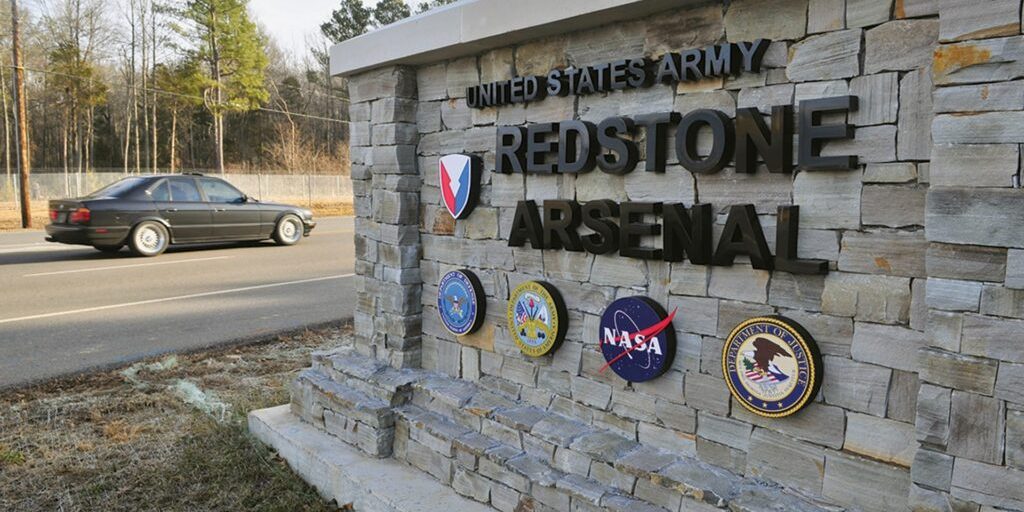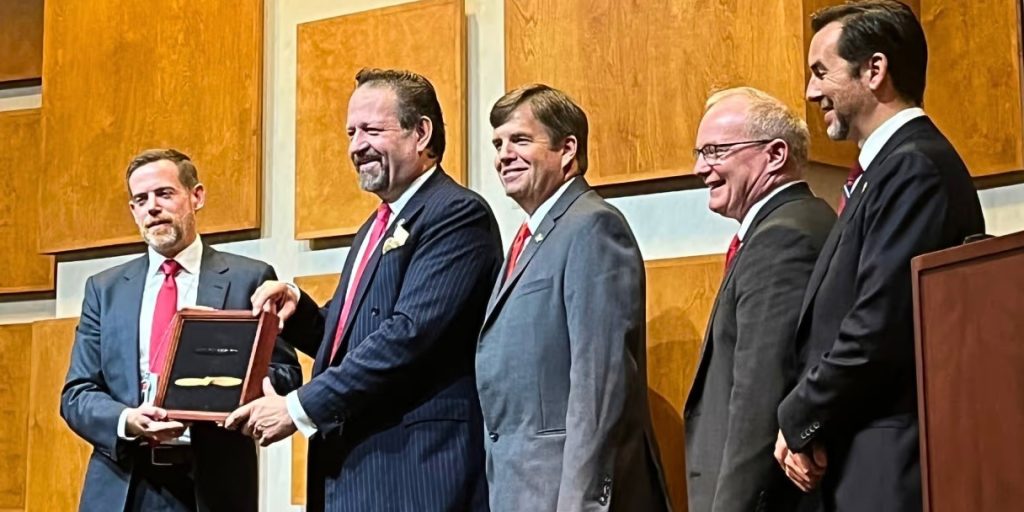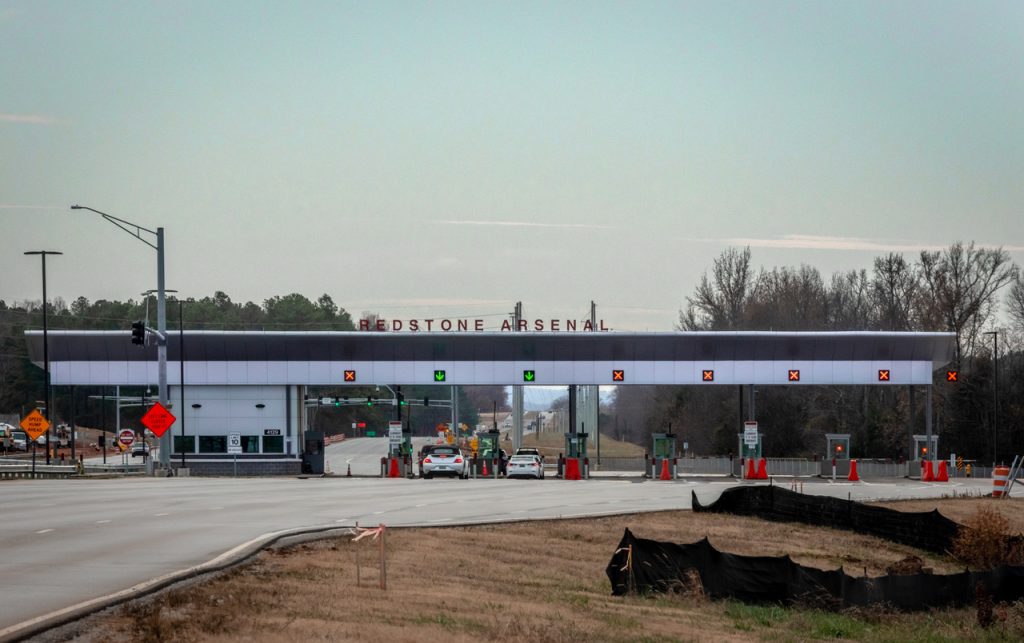WASHINGTON — Bipartisan legislation that would aid veterans in crisis with the help of local law enforcement agencies was introduced today in the U.S. House by Rep. Dale Strong.
Strong (R-Huntsville), was joined by Reps. Lou Correa (D-Calif.), Maria Elvira Salazar (R-Fla.), and Glenn Ivey (D-Md. ) in introducing the Supporting Every at-Risk Veteran In Critical Emergencies (SERVICE) Act. Nine additional members joined as original cosponsors of the bill.
The SERVICE Act would establish a pilot program to allow local law enforcement agencies to use the Department of Justice’s (DOJ) Office of Community Oriented Policing Services (COPS) grants to establish dedicated Veterans Response Teams within departments to respond to emergency calls involving veterans in crisis.
A Veterans Response Team is a team of law enforcement officers who also have a background in military service. Members of the team would be available 24/7 to respond to instances of a veteran in crisis, including mental health or substance abuse situations.
Following the initial response, members of the team would assist in connecting the individual with community and Department of Veterans Affairs resources.
“The SERVICE Act is a crucial step toward ensuring our veterans get the care and understanding they deserve in times of crisis,” said Strong. “We owe our servicemembers a debt that cannot be repaid, and it is my honor to introduce this legislation and work toward providing our veterans with the compassionate and effective resources they need.
“This legislation honors their service by meeting them with support, not stigma.”
This program was first implemented in Cincinnati and now serves as the blueprint for the state. Retired Sgt. Dave Corlett established the program and maintains that having a fellow veteran respond to these calls is more effective in de-escalating and ensuring that veterans are aware of the resources available to them.
“I couldn’t be more thrilled than to hear about the reintroduction of the SERVICE Act,” Corbett said. “As a military veteran and 30-year first responder, I have seen the effects of trauma on our warfighters. We all want to reduce the stigma of seeking help for mental health issues and reduce the number of military and first responder suicides.
“This program has proven itself in the real world to be a great step in that direction.”
The SERVICE Act has been endorsed by American Legion, Hope for the Warriors, Vietnam Veterans of America, Military Order of the Purple Heart, National Policing Institute, Small and Rural Law Enforcement Executives Association, and the CJ3 Foundation.
“When our nation’s veterans return home, we owe it to them to make sure they’re met with the support they deserve and have earned — and we must keep our moral commitment to them,” said Correa. “Many of our veterans return home with invisible wounds and respond better to their fellow veterans in times of need. This common-sense, bipartisan legislation is key to fulfilling our promise to those who’ve offered their lives for our freedom—and will save countless lives along the way.”
There were 6,407 veteran suicides in 2022, according to the most recent VA data. Most veterans who committed suicide were not receiving any form of care at the VA.
VA studies suggest that strides can be made toward prevention with greater community-based intervention and coalition-building and by increasing awareness of and access to mental health services, among other things.
“Veterans have served us in our nation’s time of need. Now we must keep this sacred covenant to serve our veterans in their darkest hour,” said Ivey. “The SERVICE Act will help them get mental health services and prevent suicides. Service men and women who now face PTSD, psycho-social trauma, and physical symptoms of being in war zones across our world must get treatment for what ails them. My father and father-in-law both served in the military, so I know what it means to be a part of a military family. They deserve the respect and dignity of getting the care they rightly earned.
“I co-lead this bill because this is about doing what’s best for veterans in crisis and helping our law enforcement personnel assist in this effort.”
It is estimated that 20-25% of law enforcement officers have a background in military service. Establishing Veterans Response Teams affords an opportunity for positive engagement for veterans both within their departments and within their broader communities – which could assist in the transition between military and civilian life and improve recruitment and retention efforts within law enforcement.
“Research shows that when a veteran is in crisis, they are most receptive to help and support provided by fellow veterans,” said Salazar. “Nearly 20% of our U.S. law enforcement has served in the military, and they are undoubtedly the most well-equipped to respond to other veterans in need. Our veterans have sacrificed so much for our freedoms, and we owe them the best care possible when they return from their service.
“I am proud to co-lead the SERVICE Act to provide support to our brave men and women in uniform.”


